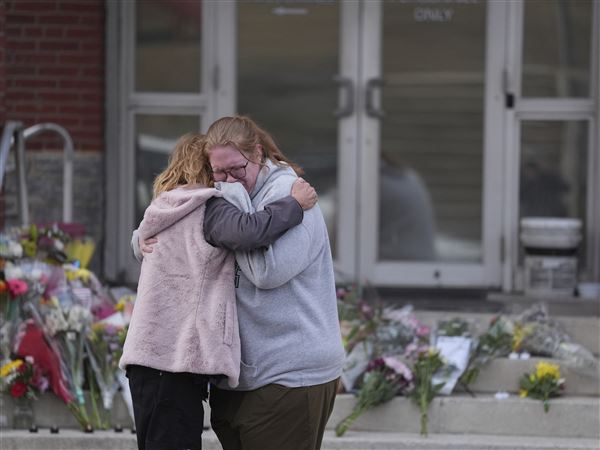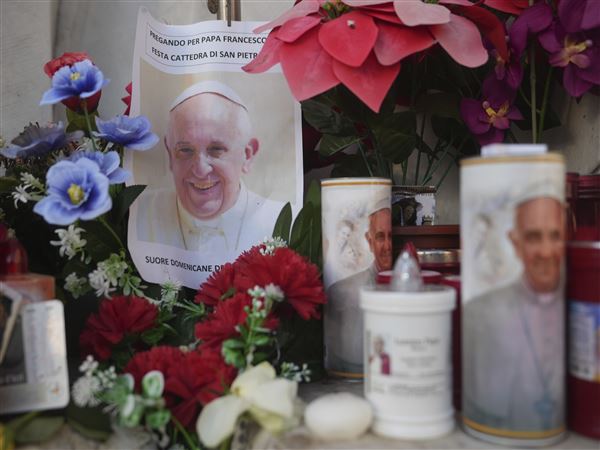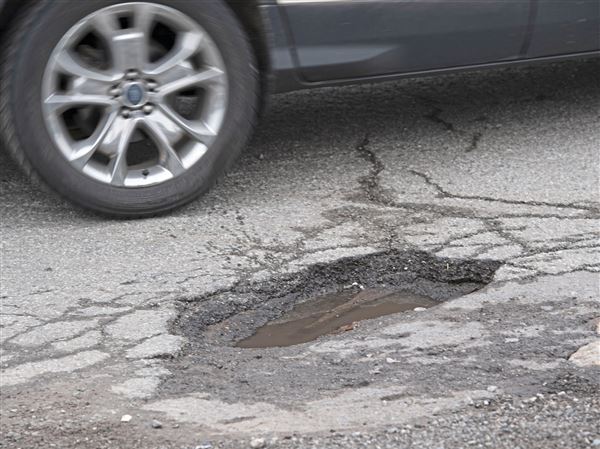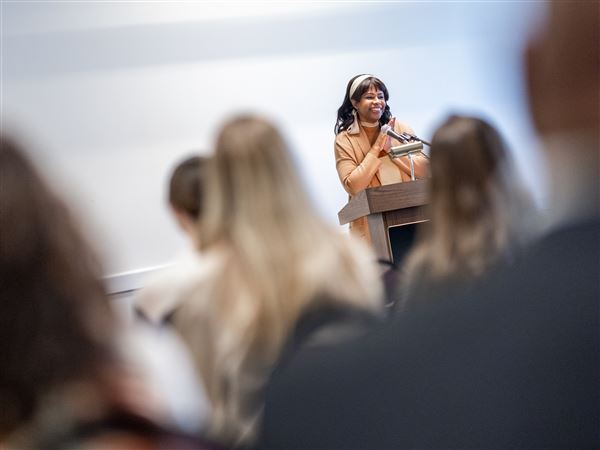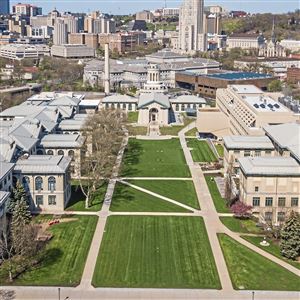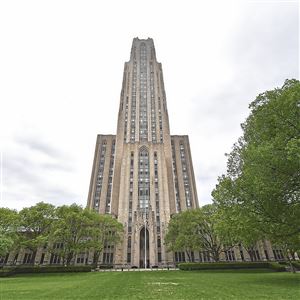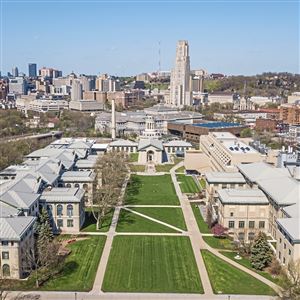WASHINGTON — Officials at Carnegie Mellon University and the University of Pittsburgh expressed relief on Tuesday when the Trump administration pulled back on a rule that would have required foreign students to take at least one in-person class this fall or leave the country.
The policy, issued on July 6 by U.S. Immigration and Customs Enforcement, drew immediate and widespread criticism from American universities and colleges as well as major U.S. companies, and state and local officials across the country. It would have forced schools that chose to hold courses remotely this fall amid the COVID-19 pandemic to send their international students home.
Last week, CMU, which has 8,669 international students, joined a lawsuit filed by Harvard and the Massachusetts Institute of Technology to challenge the policy. In a campuswide email last week, CMU president Farnam Jahanian wrote the policy would “erode the very foundation of the American university system.”
On Tuesday, Mr. Jahanian released a statement that credited CMU students for helping to write the supporting amicus brief, which he said “personalized the cruelty of the new guidelines.”
“While we are cautiously optimistic about today’s decision, we will remain vigilant as we advocate for all members of our community and continue to safeguard Carnegie Mellon’s mission as a vital engine for creativity, innovation and opportunity,” Mr. Jahanian stated.
Pitt, which enrolls 4,339 international students and signed onto the the suit on Monday, also praised the news.
“The University of Pittsburgh is proud to stand with universities across the country to protect international students against a misguided policy,” said Kevin Zwick, a school spokesman. “We’re pleased by the government’s reversal and will remain vigilant against future attempts to limit these students’ rights.”
On Tuesday, the judge overseeing the case announced an agreement between the schools and the Trump administration to reinstate the policy implemented in March that gave international students flexibility to take all their classes online and remain legally in the country with student visas.
“Both the policy directive and the frequently asked questions would not be enforced anyplace” under the resolution, U.S. District Judge Allison Burroughs said, adding that the agreement applied nationwide.
Schools will now have the option to move courses entirely online in the fall — without subjecting their international students to deportation — at a time when COVID-19 cases are surging in Western Pennsylvania and other states across the country.
The policy had faced criticism from a broad array of groups that accused the administration of strong-arming schools into reopening.
The attorneys general of at least 18 states, including Massachusetts and California, also sued, along with more than a dozen technology companies, including Google, Facebook and Twitter.
Pittsburgh Mayor Bill Peduto’s administration joined, along with 25 other municipalities. The lawsuit also included Penn State University — which leads Pennsylvania in international student enrollment at 9,396 students — and the University of Pennsylvania.
Mr. Peduto said the policy would have jeopardized the safety of international students by forcing them to travel home in a pandemic. “These efforts are not only economically misguided but morally wrong,” Mr. Peduto stated. “Immigrants have shaped the history of Pittsburgh and continue to shape our city for the better.”
The Greater Pittsburgh Chamber of Commerce had warned the policy would dampen the region’s economic growth and impose a chilling effect on its culture of tech innovation, health care sectors, robotics development and infrastructure research.
On Tuesday, Matt Smith, president of the chamber, said he was pleased the administration had changed course.
“Holding up a blinking red light to global talent is not good policy for the nation or for the Pittsburgh region,” Mr. Smith said. “We will continue to work with our federal partners to communicate the demonstrable economic and cultural benefits immigrants and non-immigrant visa holders provide to our region.”
Meanwhile, the news emboldened the Pitt Graduate Student Organizing Committee, which has been seeking to organize Pitt grad students into the United Steelworkers, and called the news “a significant victory for this student body.”
The organizers narrowly lost a unionization vote in April 2019, but the Pennsylvania Labor Relations Board ordered a new election after finding the school committed unfair labor practices.
“It shows the true power of collective action to effect change,” said Alnica Visser, a fifth-year doctoral candidate in philosophy, in a statement. “We are glad that, in this case, Pitt did the right thing, but the administration must do far more to support its international students.”
The Trump administration continues to clamp down on immigration on other fronts.
President Donald Trump signed an executive order June 22 that expands restrictions on several temporary work visas until at least the end of this year. Labor Secretary Eugene Scalia said the president's order will “help ensure that the millions of Americans who are unemployed due to the coronavirus are first in line to fill job openings” amid historically high unemployment.
The order froze access to new H-1B visas often used by professional and technology workers, which prompted the co-founder of Duolingo, Pittsburgh’s first billion-dollar startup, to threaten to move jobs to Canada.
“If the US policies against (extremely qualified) immigration continue, we'll be forced to move jobs (and inspiration) to Toronto,” wrote Luis von Ahn, CEO of the East Liberty-based language-learning company that employs more than 300 people.
In addition, Mr. Trump blocked access to H-4 visas awarded to the spouses of H-1B holders; H-2B visas used by seasonal workers in landscaping and hospitality; and L-1 visas for executives and managers transferred within companies.
Daniel Moore: dmoore@post-gazette.com, Twitter @PGdanielmoore.
First Published: July 15, 2020, 12:31 a.m.
